Mascot
Logline: A dark satire about identity, power, and performative politics on a U.S. college campus, where two international students become unwitting mascots in a culture war that spirals into surreal and dangerous territory.
Funded by the Canada Council for the Arts and FAIR (Foundation Against Intolerance & Racism) in the Arts.
director’s vision
The vision for Mascot was born in the eye of the culture war storm. In 2016, while producing my wife Patricia Marcoccia’s CBC documentary The Rise of Jordan Peterson, (#1 on iTunes in 2019) I found myself unexpectedly pulled into one of the most polarizing public conversations of our time. We had been filming Peterson for over a year before his infamous political statements at the University of Toronto made international headlines. What began as a quiet portrait of an unusual friendship between a psychology professor and an Indigenous carver soon erupted into something else: free speech protests, academic upheaval, and a culture war that spilled far beyond the classroom.
As a racialized refugee from Iran, raised in a working-class Toronto neighborhood, my worldview had always leaned toward progressive ideals. I spent time embedded in favelas and cities in Brazil, drawn to stories about inequality, power, and culture. But in touring Peterson’s film across 13 American cities, mostly hosted by libertarian and conservative student groups, I was exposed to right-leaning ideas I had never seriously engaged with before. Some resonated, many didn’t, but what struck me most was how performative politics had become across the board. Whether on the left or right, the same dynamic kept showing up: black and brown bodies used as tokens, shields, or mouthpieces in the endless war for cultural capital, store-bought street ‘cred’ and vapid virtue-signaling.
This is where Mascot began.
The story is set on a U.S. college campus during a single, fever-pitched night of political debate. Our two protagonists: Nada, a Black Jamaican international student, and Nabood, an Iranian international student–begin as friends. By the end of the night, they are enemies. Through stylized, hallucinatory visuals, the characters slowly transform–both metaphorically and literally–into the political mascots they are groomed to represent: the donkey and the elephant. As the debate escalates, so does the manipulation of their identities by their handlers, their media-savvy moderators, and the watching mob. It’s Kafka meets Black Mirror, with satirical echoes of Get Out, the theatrical intrigue of Succession, and the psychological intensity of Black Swan.
Tonally, Mascot lives at the intersection of absurdist satire and psychological thriller. It draws inspiration from Orwellian dystopia and classical chamber drama, with the debate hall serving as both a battleground and a cage. I want the film to evoke the feeling of being trapped between ideologies, between communities, between who you are and who you’re told to be. I see the film as stylized but grounded. Slick camera movement, abstract light patterns, and a muted color palette that punctuates into hyper-saturation at moments of transformation. I want the masks, prosthetics, and body horror elements to feel shocking yet elegant; visceral symbols of what happens when the individual is devoured by the collective.
My ambition with this film is to provoke, not preach. To challenge the audience with difficult questions: What happens when political loyalty becomes identity? What is lost when complexity is replaced by caricature? And what does it mean to be truly free in a culture that rewards conformity with representation?
As a director, my voice is shaped by contradiction. I’ve worked across animation, documentary, experimental theatre, and interactive installations. I’ve been cancelled and praised by both sides of the political aisle. What I’ve learned is that honest storytelling must embrace ambiguity. That’s what Mascot is about. It is not politically
correct–and that’s precisely the point. It’s for the laughing center, for the disillusioned, for those who feel politically homeless.
– Maziar Ghaderi
Toronto, May 2025
